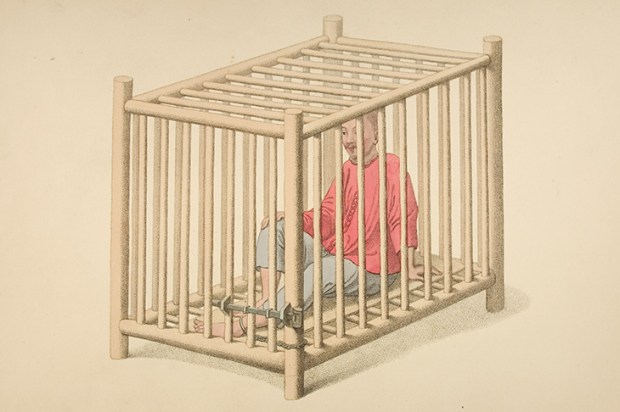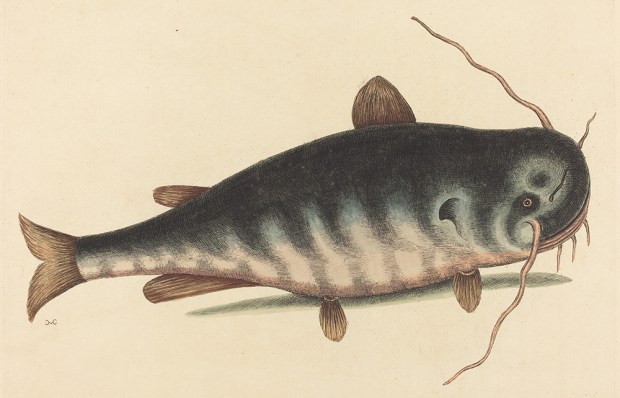Here are two words that I would like to see become the watchwords of where Australia is going in the months and years ahead: ‘evidence based’. These two simple words denote an approach to such things as medicine, education, politics, journalism and other disciplines that emphasises the practical application of the findings of the best available current research. Wouldn’t it be great if the policies of our governments, and the practice of politics in general, was ‘evidence based’? The expression ‘evidence based’ seems to have emerged from medicine. In 1972 an epidemiologist named Dr Archie Cochrane wrote a book called Effectiveness and Efficiency: Random Reflections on Health Services. Cochrane suggested that because resources would always be limited, those resources that were available should be used to provide forms of health care which had been shown in properly designed evaluations to be effective. That’s ‘evidence based’ medicine. When our school systems went back to teaching phonics to small children as a way of starting them reading they were doing ‘evidence based’ education – because the evidence shows that phonics works! Can you imagine if the climate policies adopted by our governments had to be ‘evidence based’? Since the evidence shows that most of the Pacific Islands are not shrinking, and many of them are (in fact) growing larger, that is the sort of ‘evidence’ that would have to be taken into account. When governments go on a cash splash in their budgets to make the voters happy, if the evidence shows that such big spending will drive up inflation – we should be told! And the policy, instead of being dreamed up in a back room, should be ‘evidence based’. I think it is a two-word slogan with a lot of potential to make the world a better place. What do you think?
You may never have heard of a journal called Trends in Ecology and Evolution but it’s one of countless academic journals that pour from the presses, and it published an article calling for what they call a ‘re-think’ of language used in science. One of the words they would like to ban is the word ‘fitness’ – which they say is a ‘harmful’ word. What is fascinating is that they don’t want to ban the way your local gym or your personal trainer uses ‘fitness’ – but rather the way evolutionary biologists use ‘fitness’ to describe how some species succeed and multiply by ‘fitting in’ with their environment. The word ‘fit’ has been part of English since around 1440 and means ‘well adapted or suited to the conditions or circumstances’. In other words, ‘fitness’ means ‘matching’ – fitting into the conditions, in the way that a square peg fits a square hole or a round peg fits a round hole. What could be wrong with that? Well, the highly woke authors of this article claim that ‘the word is vague and ableist – discriminatory against people with disabilities’. They claim that biological science has a history ‘rooted in eugenics, ableism and racism’. Ah, no. Scientific language is rooted in an objective account of reality. It is just an objective fact of reality that in the animal kingdom some population groups (or gene pools, if you prefer) are a better match for their environment – better ‘fitted’ to flourish in a particular environment. They have the evolutionary advantage of ‘fitness’ (in the biological sense). To find some sort of offence in this scientific language is little short of irrational hysteria. These are the kinds of wonderfully woke scientists who want to ban such expressions as ‘morbidly obese’. They have no suggestions for what could replace the word ‘morbid’ – but they want to do it anyway. The word ‘morbid’ (1656) means ‘causing disease’ (it’s a borrowing from Latin). If someone is so obese as to be diseased – they need to be told so. What’s next? Banning the word ‘cancer’ because it might humiliate some people? So, let’s tell the morbidly obese (with a shortened life expectancy) that they are just fine, and should carry on as they are. Oh, dear me, another fat person just fell over and died. At least we didn’t offend them by saying ‘morbidly obese’. Words matter because they convey important information. What these people want to do is to hide facts and impoverish language.
Got something to add? Join the discussion and comment below.
Contact Kel at ozwords.com.au
You might disagree with half of it, but you’ll enjoy reading all of it. Try your first month for free, then just $2 a week for the remainder of your first year.













